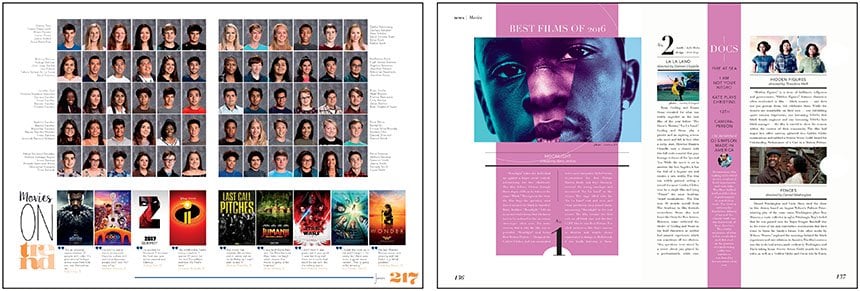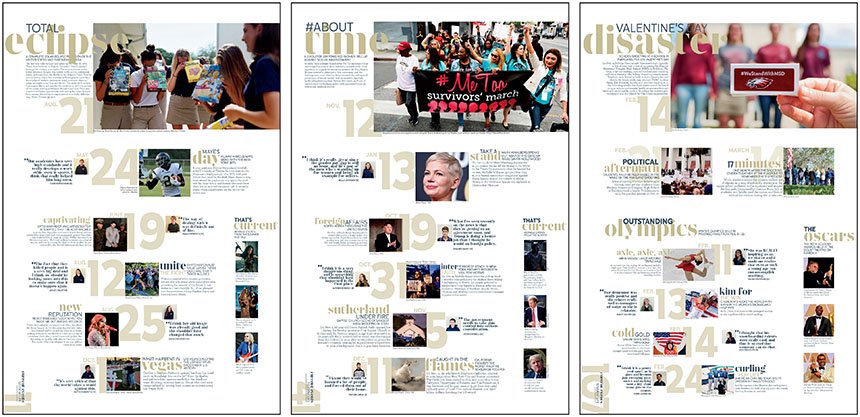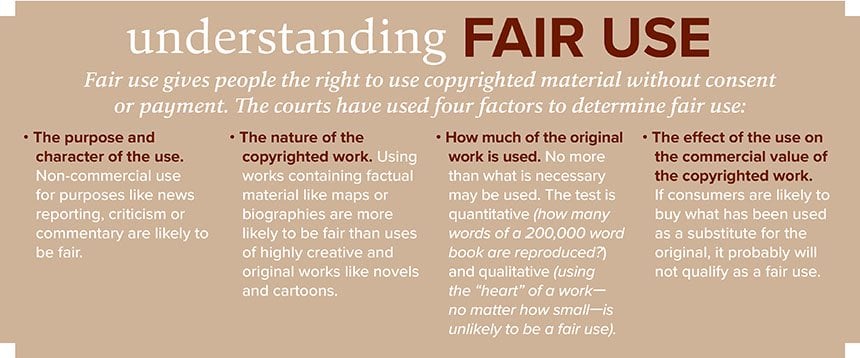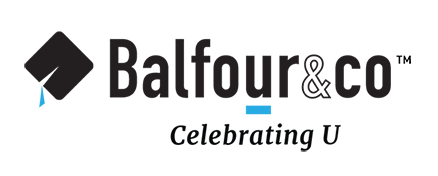
While all it takes is a simple click to download a photo these days, it’s much more complicated to navigate copyright law. Can we run a photo from the Oscars? Surely, it’s okay to include photos from Twitter or Instagram? There’s nothing wrong with running movie quotes with senior portraits, is there? Well, actually there is. Here are answers to copyright questions yearbooks staffs face.

Our forefathers wanted more than Life, Liberty and the pursuit of Happiness. They also wanted to promote scientific advancement, foster knowledge and encourage the arts. They included copyright law in the U.S. Constitution, giving authors, inventors and creators exclusive rights to their creations for a set period of time.
Even with these provisions made in 1787, there are times when copyrighted material can be used without consent or payment. The fair use doctrine encourages creativity and the transformation of copyrighted material into new uses and creations. So, where does that leave yearbook staffs? Can you use a news image from a hurricane or a travel photo from a student’s Instagram account? We’ll break down the most common questions about what can and can’t be reproduced in your books.
1. Can song lyrics or poems be included in a yearbook ad? No. This doesn’t fit into the traditionally recognized fair use categories (news reporting, commentary, critique, research, etc). Since the ad helps pay for the yearbook, the commercial purpose also weighs against fair use. You can encourage the parents/advertiser to put messages in their own words, or obtain and provide written permission from the copyright owner to use the work. Be sure to give credit to the author in the ad. The only exception would be works published from 1923 or earlier, including books, poetry, songs, Shakespeare and the Bible. Those works are in the public domain and could be included in the ad. (Note, with each new year, additional work will come into the public domain. In 2020, works from 1924 will be available for use.)
2. Can we use famous quotes or movie dialogue in the yearbook? Yes and no. Quotes from famous people are not copyrighted; copyright law doesn’t protect short phrases—it doesn’t meet the “original” or “creative” criteria. But we encourage you to publish original content in your book. It’s better to hear the perspective of students who went to your school. Even though short phrases don’t qualify for copyright protection, scripts and dialogue do. Avoid quoting movies or books unless you received permission.

In their underclassmen section, Hendrickson High School featured popular movies and quotes about the movies. In the 2017 yearbook, Southern Methodist University featured several spreads about the top movies of the year. Both of these are fair use examples since the photos are accompanied by commentary about the films.
3. Can we use book covers, CD covers, movie stills or cartoon characters in the yearbook? Yes, if they are used with commentary and criticism which is considered fair use. The fair use argument becomes stronger by reducing the image’s size. Surveys are an acceptable form of commentary, but the survey should legitimately attempt to measure student interest and include the number of students sampled. Also, it is preferable to photograph CDs and books over downloading images off the internet. For films, download movie stills from the movie studio’s website instead of a random site.

Holy Trinity Episcopal Academy runs a series of current event spreads each year, including photos from Tribune News Service, a wire service that provides images to newspapers and yearbooks for a fee.
4. Can we use photos from the local or national media? Not without permission. National sources, like the Associated Press, sell images to schools at a reduced rate. Another option is to purchase a subscription from Tribune News Service which provides wire service photos for an annual fee based on the school population. Smaller outlets, like a local newspaper, often allow student publications to use photos for free with proper attribution.
5. Are online photos and videos copyrighted? Yes. Although the internet makes it easier to find visuals, that doesn’t mean they are free to use. Online images, video, stories and music are copyrighted. The best practice is to get consent or create an alternative.
6. Is it okay to use copyrighted images if we give credit? No. While providing attribution is important, it does not grant permission for its use. You must still ask the owner for permission unless the material qualifies under fair use. Provide the copyright holder with details of how the copyrighted material will be used, including the user, intended audience and number of copies published.
7. Where can we find photos that can be used without permission? Try federal government websites like the White House, FEMA, NASA, the National Park Service and other .gov sites. Content created by federal employees in the line of work is not protected by copyright. Also, you may use images with the Creative Commons (CC) license, a voluntary alternative to copyright. As long as attribution is given, you can usually use CC images for nonprofit publications. We do not recommend using an advanced Google search since many images have been labeled incorrectly.
8. Can we use photos from people’s social media accounts? While images and videos published on social media are widely available, it does not remove their copyright. You still need permission to use the material.
Bottom line—Be cautious in your online searching. Ask for permission to run photos and keep written documentation of that permission. If free usage is not allowed, pay a fee to reproduce the image. Regardless, give proper attribution to the copyright owner (e.g. Photo by XXXXXXX/Publication name) and note in your colophon you paid a licensing fee to reproduce the image. Create your own illustrations and artwork when possible. Ask for original quotes instead of using quotes from books, TV or movies. Look at the four factors of the fair use doctrine to determine if the images can be used without permission. When in doubt, check with us or the Student Press Law Center.


